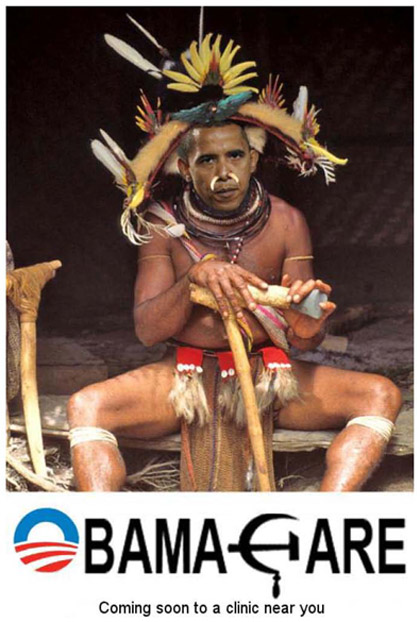Of Collateral Damage and Roosting Chickens: Reflections on Racism, the Economy and the High Cost of White Ambivalence
Likewise, Jill Quadagno points out in The Color of Welfare, that the nation's most promising anti-poverty initiatives and programs have been routinely undermined by racism aimed at those perceived to be the disproportionate beneficiaries. Indeed, racist opposition to the empowerment of blacks was among the principal reasons that President Nixon's proposal for a guaranteed minimum national income was rejected. Kenneth Neubeck and Noel Cazenave demonstrate similar scholarship in their book Welfare Racism: Playing the Race Card Against America's Poor. Neubeck and Cazenave document the way that politicians have used racial resentment and racism to limit public assistance of all kinds, and have been more focused on using welfare policy to control black and brown labor mobility and even reproduction, than to provide real opportunity and support. Again, the irony should be clear: because of the racialization of social policy, whites who are struggling, like Jeremy, will now have less of a safety net to catch them.
In fact, a comprehensive comparison of various social programs in the U.S. and Europe found that racial hostility to people of color better explains opposition to high levels of social spending here than any other economic or political variable. To the extent the public--especially the white public--perceives blacks as lazy and too dependent on public assistance, they come to oppose additional spending on programs of social uplift. Then, when they find themselves in need of the same assistance it isn't there for them. Jeremy is hurting, at least in part, because lawmakers have been insufficiently committed to addressing poverty and economic hardship. And this flagging commitment has been caused by the way in which the poor and struggling have been racialized, and the way this racialization has led to a collapse of empathy among large segments of the American public.
These authors may have done it already, but we could trace "welfare racism" back to Columbus and the Pilgrims. It goes like this:
Columbus discovered a "new world" while Indians frolicked like children. The Pilgrims worked themselves to death while Indians sat around and watched. White men are rugged individualists, relying only on themselves, pulling themselves up by their bootstraps. Blacks are lazy, Latinos take siestas, and Indians get government handouts while not paying taxes.
This explains the Tea Party movement's dislike of government programs and healthcare reform, which they see as welfare for minorities. It explains Arizona's dislike of illegal immigrants, who supposedly cost the government money. And it explains America's dislike of modern-day Indians, which manifests itself as mascots, Dudesons, whitewashed movies, Zazzle t-shirts, hipster headdresses, and so forth and so on.
These aren't honors, people. They're unconscious attempts to keep Indians in their place by denying America's long history of racism, injustice, and genocide. If Americans truly loved Indians, they'd be passing bills and challenging stereotypes by the truckload.
I probably could post a hundred links on this and related subjects. For a selection of them, see:
Rand Paul's pro-racist libertarian
Send minorities "back where they came from"?
Conservative worldview = fear of cooties
Paper-checkers = birthers = teabaggers
Klansmen, militias, and teabaggers
P.S. This is one of those topics that we're not debating. <g>
Below: "Oh, no! The witch doctor is giving away our money to the tar-babies and jungle bunnies!"


No comments:
Post a Comment